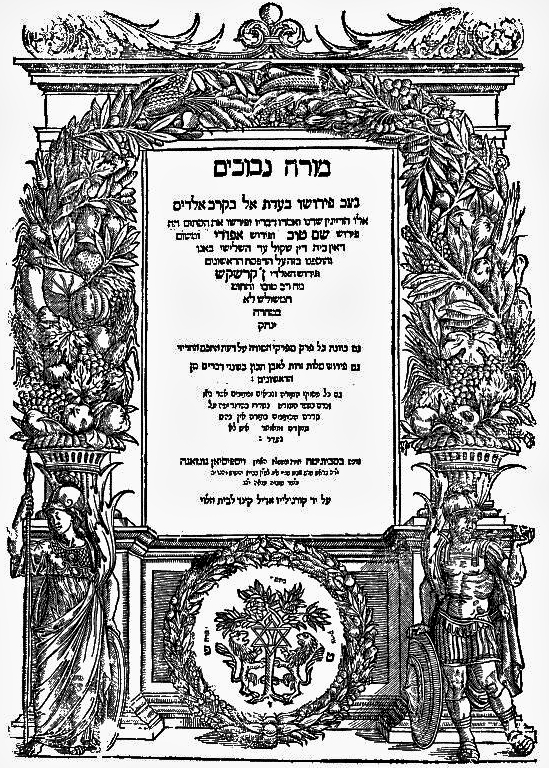I tend to avoid subscribing to email lists and magazines, etc., because I rarely have the time to read all of the emails I get as it is. But one thing that I do subscribe to is “Dr. Mardy’s Quotes of the Week.” Sometimes these will stack up for a while before I get the chance to read them, but once I do read them I am always glad I did because they are usually full of interesting and worthwhile tidbits. So, here is something that I found interesting and decided to share:
DR. MARDY’S QUOTES OF THE WEEK — March 31 – April 6, 2013
THIS WEEK IN HISTORY:
Moses Maimonides
On Passover eve at the end of March in 1135, Moses Maimonides was born (as Mosheh ben Maimon) into a learned Jewish family living in Cordoba (now Cordova), Spain. At the time, the region was a thriving intellectual, artistic, and commercial center, ruled by tolerant and (by today’s standards) enlightened Muslim leaders. As a child, the young Maimonides was something of a prodigy, demonstrating keen insight into the Torah and deep understanding of ancient Greek philosophy.
In 1148, when Maimonides was thirteen, life in Cordoba changed dramatically after a fanatical Muslim group (the Almohads) invaded and seized control of the region. Jews as well as Christians were faced with a difficult choice: convert to Islam, die, or leave. Maimonides and his family left in exile, wandering around Spain for a time and then moving to Morocco. While living in Morocco, he became a rabbi, completed his medical studies, and secured an honored place in Jewish history with the publication of a 14-volume commentary on the Torah: The “Mishneh Torah.”
Maimonides ultimately chose to live in the Holy Land, finally settling in Egypt, where Jews were allowed to practice their faith. While living in Egypt, his reputation as medical doctor earned him an appointment as court physician to the sultan Saladin and members of his family.
 While Maimonides is best known to history for his religious and philosophical writings, I admire him for another reason — as a kind of great-great-grandfather to the authors of today’s “self-help” books. In 1190, he wrote a treatise with the modern-sounding title “A Guide for the Perplexed.” Originally written for one of his rabbinical students, the book is filled with generalizations about the human condition and admonitions about leading a good and wholesome life. Even though it was written more than 800 years ago, many quotations from the book have a distinctly modern feel:
While Maimonides is best known to history for his religious and philosophical writings, I admire him for another reason — as a kind of great-great-grandfather to the authors of today’s “self-help” books. In 1190, he wrote a treatise with the modern-sounding title “A Guide for the Perplexed.” Originally written for one of his rabbinical students, the book is filled with generalizations about the human condition and admonitions about leading a good and wholesome life. Even though it was written more than 800 years ago, many quotations from the book have a distinctly modern feel:
–Compliments of drmardy.com“You must accept the truth from whatever source it comes.”
“If you don’t respect your parents, your child will not respect you.”
“All the evils that men cause to each other…are rooted in ignorance.”
“Man’s obsession to add to his wealth and honor is the chief source of his misery.”
“The risk of a wrong decision is preferable to the terror of indecision.”
“In the realm of Nature there is nothing purposeless, trivial, or unnecessary.”
“No disease that can be treated by diet should be treated with any other means.”
“Only if man knows himself, and has no illusions about himself . . . will he find real peace of mind.”
“The change from trouble to comfort gives us more pleasure than uninterrupted comfort does.”
“Truth does not become more true by virtue of the fact that the entire world agrees with it, nor less so even if the whole world disagrees with it.”
Nothing very perplexing here; rather profound, actually – coming from a man who lived nearly a thousand years ago… I guess Truth is TIMELESS.
